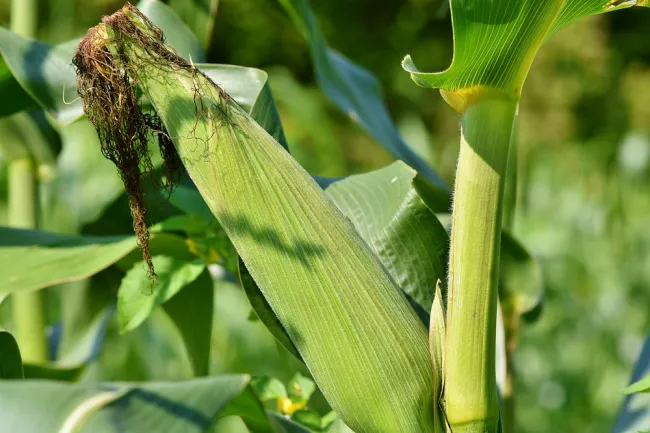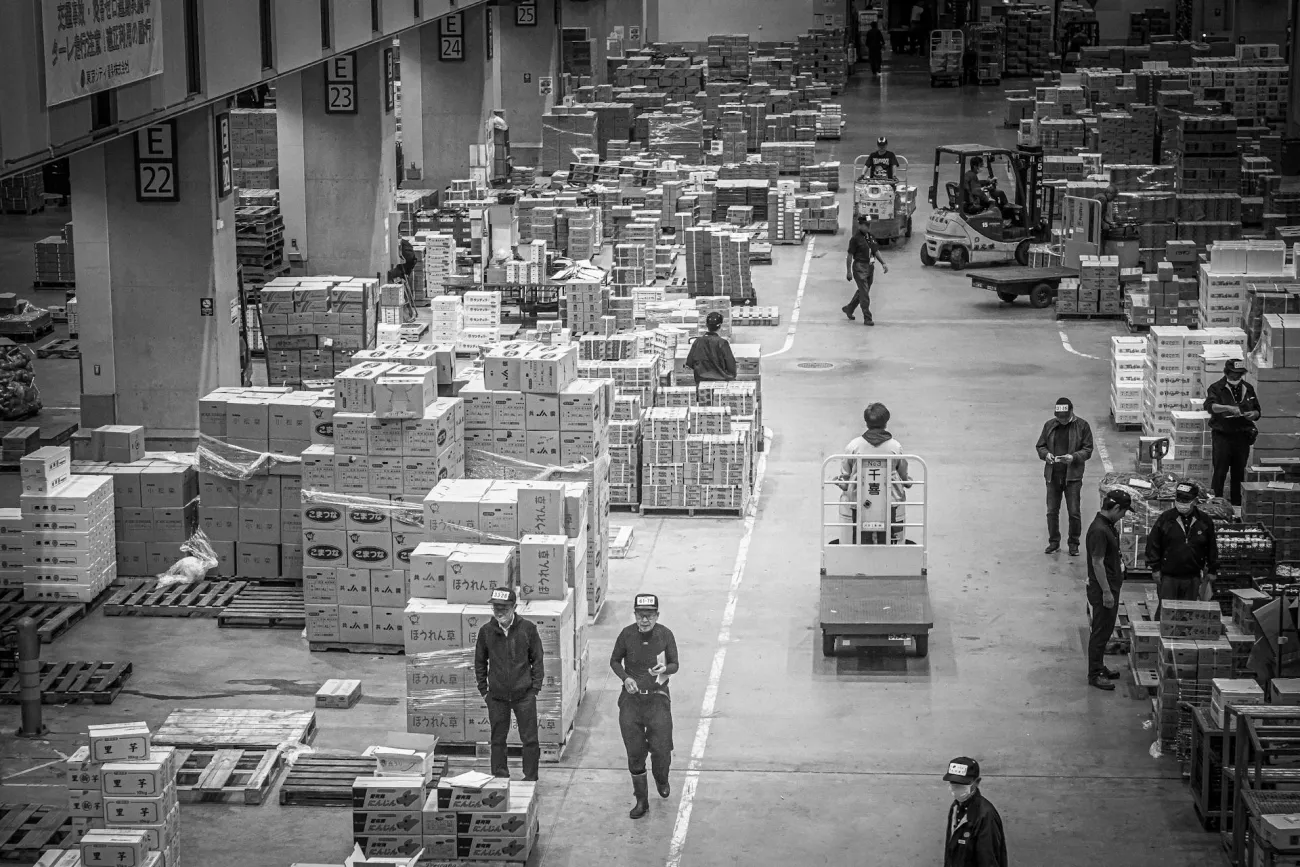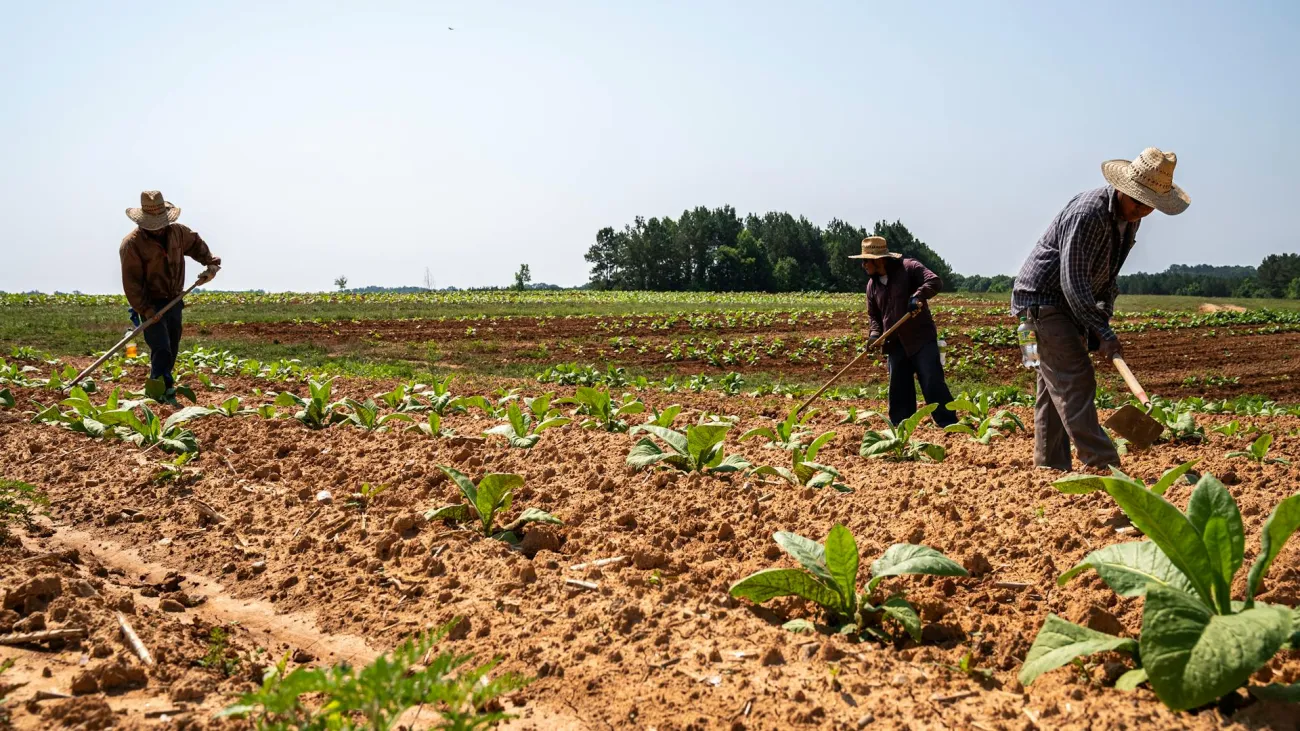This paper, co-authored by Table member Prof Ken Giller, investigates how herbicide use impacts casual labour patterns on farms in Central Malawi. It finds that while herbicides can be beneficial for the households using them, herbicide use can replace some casual labour. This results in many households going hungry as they cannot find work. The study is based on a survey of 275 households as well as consultation with village leaders.

The paper chooses to focus on the social implications of herbicide use because most existing studies examine the health and environmental impacts.
The paper draws three main conclusions:
- Herbicides enable better-off households to opt out of offering casual work to poorer households (although some choose to avoid herbicides so that they can continue to offer work to people who need it). Thus, herbicide use can reduce interdependence between poorer and wealthier households. The authors describe this pattern as “the individualisation of poverty and hunger”.
- Impact assessments of new technologies usually compare outcomes for comparable households that do and do not adopt the technology. However, they do not usually examine the effects of technology adoption on the non-adopters - which this study argues is a serious limitation.
- Herbicides are often promoted as part of conservation agriculture (CA) to reduce land degradation and improve yields (CA is defined as using no-tillage, crop residue retention, and crop rotation/intercropping). Without herbicides, adopting CA can increase labour requirements and reduce yields, making it an unattractive proposition for farmers. However, with herbicides, this study shows that CA is likely to benefit the already better-off. Therefore, the authors argue, labour-saving technologies need to be targeted appropriately to avoid the worst impacts on poorer households.
Abstract
Herbicide use is increasing in sub-Saharan Africa. While herbicides promise improved weed-control, labour savings and even reduced land degradation – they are promoted to enable Conservation Agriculture (CA) adoption – there are concerns about their health and environmental risks. Yet, their socio-economic implications have been largely ignored. We investigated the effects of herbicide use on casual labour relations (ganyu) in Central Malawi using a survey of 275 households. In rural Malawi doing ganyu is the main coping strategy during the hunger season/growing season. We find that where CA promotion incentivised herbicide use, herbicides became common and substituted much in-season ganyu hiring. Consequently, many households were unable to find work and ended up hungry. While herbicides mainly benefited the better-off who could afford them, these benefits occurred at the expense of the poor and food insecure. Agricultural development initiatives should be aware that herbicides are likely to reduce agricultural labour opportunities and rural wages. Where alternative labour opportunities are limited, this may contribute to social differentiation, hunger and the individualisation of poverty. Our study demonstrates the potential hazards of neglecting the social equity implications of technology promotion – a lesson pertinent to the sustainable intensification agenda, including the promotion of CA.
Reference
Bouwman, T.I., Andersson, J.A. and Giller, K.E., 2020. Herbicide induced hunger? Conservation agriculture, Ganyu labour and rural poverty in Central Malawi. The Journal of Development Studies, Vol. 57, No. 2, 244-263.
Read the full paper here. See also the Table explainer What is sustainable intensification?




Comments (0)